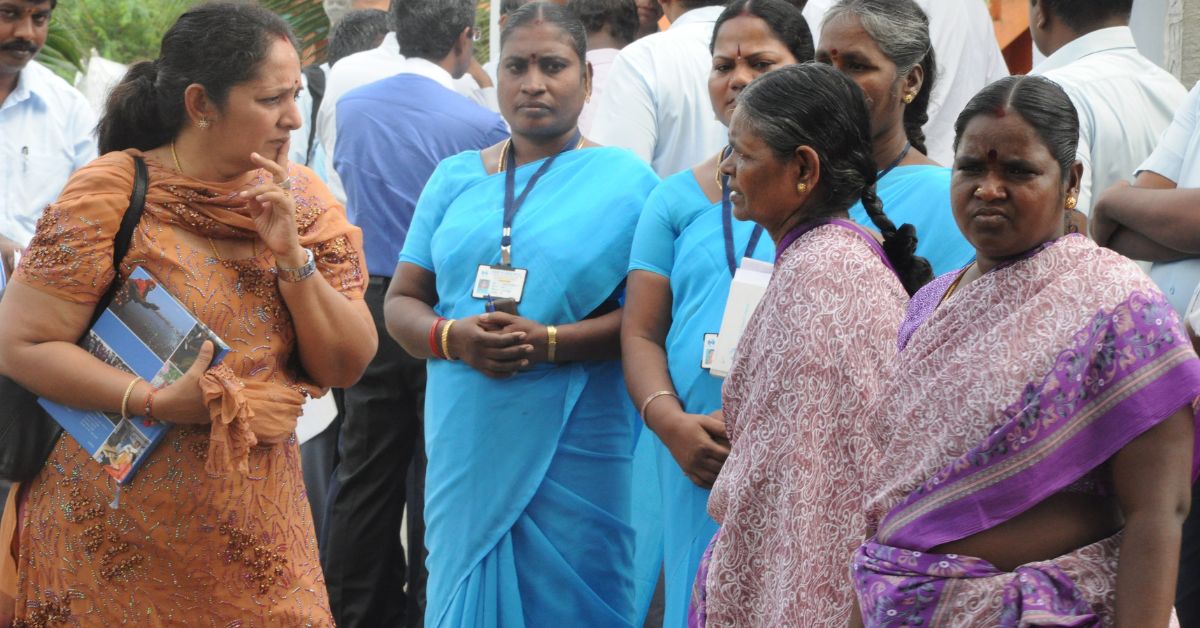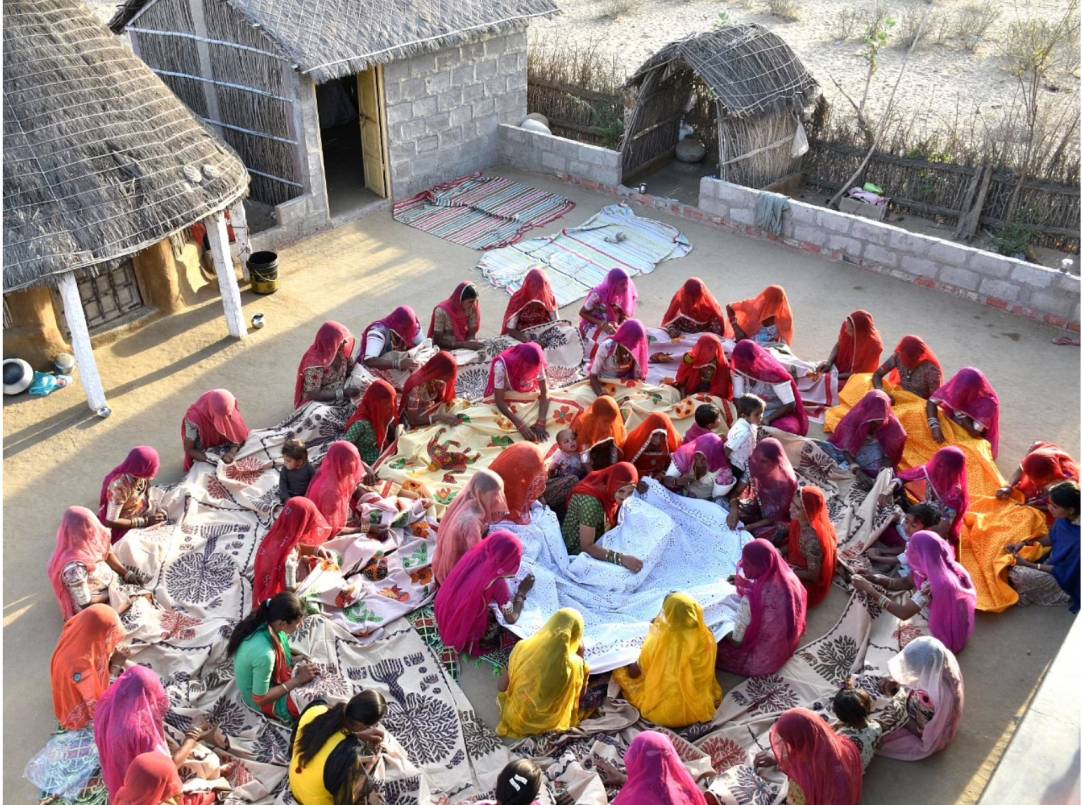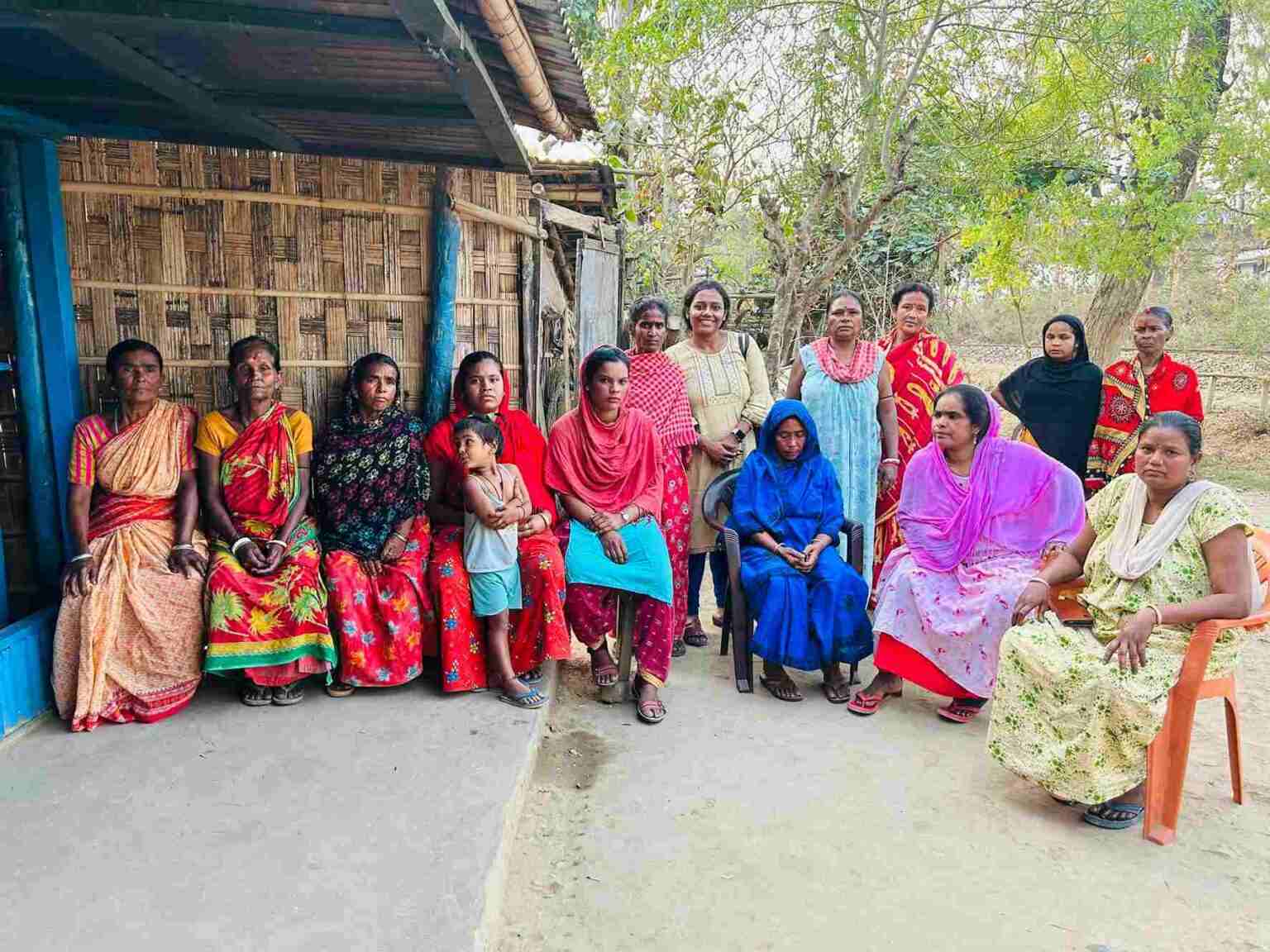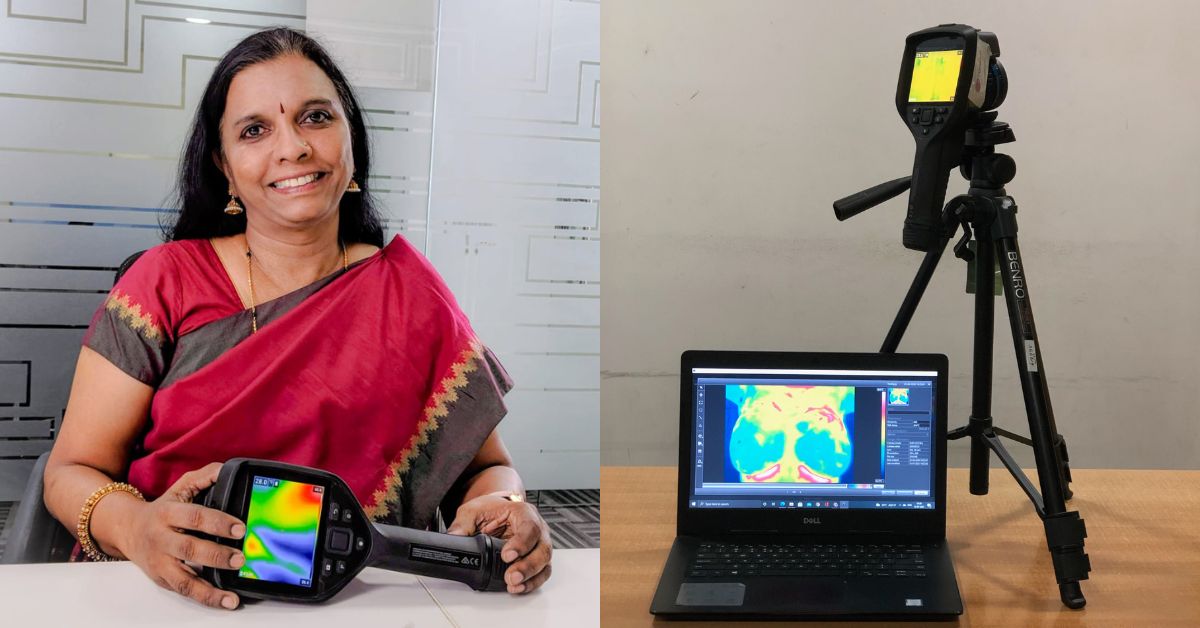What does it take to be a changemaker?
Grit and grace.
Tenacity and empathy.
Strength and sensitivity.
Among women, these qualities often take shape as deeply rooted, sustainable solutions — built quietly, powered by resilience, and amplified through care.
In the TBI Women Changemakers category, this spirit shines in many forms — from preserving traditional knowledge and breaking taboos to leading disruptive innovations. Each changemaker is forging new paths toward equity, dignity, and opportunity.
As part of Optum Presents The Better India Showcase, supported by the M3M Foundation — a tribute to the dreamers and doers driving change across nine key areas of impact — we spotlight five remarkable women whose work is shaping a more inclusive and empowered India.
1. Dr Kalpana Sankar
Today, 2.2 million women across India walk with a spring in their step — thanks to a newfound financial independence. The credit goes to Dr Kalpana Sankar, a nuclear physicist-turned-social reformer who co-founded ‘Hand in Hand India’ to pursue her passion for women’s empowerment. Her work enables the formation of self-help groups (SHGs), access to jobs, and the eradication of child labour — all through a holistic model of rural development.
Her impact lies in creating 1.5 million jobs, empowering 2.2 million women with credit access and entrepreneurship training, and working in over 500 villages across India.

The model’s success led to it being replicated on foreign shores, too. With over two decades of her life having been dedicated to this cause, Dr Kalpana believes in championing change through models that do not subscribe to conventional approaches.
She has also been a recipient of the prestigious Lifetime Achievement Award in Financial Inclusion (2023) for her work in driving transformative socio-economic changes in the rural heartlands of North and South India; the Nari Shakti Puraskar (2016); and the Global Award for Women Empowerment (2019) from UN Women and the Kingdom of Bahrain.
2. Ruma Devi
Can embroidery transcend being a hobby and instead be what catalyses women’s empowerment?
Ruma Devi believed so. A school dropout, she used embroidery to transform the lives of women in conservative Rajasthan by reviving traditional crafts and forming collectives, thus empowering over 30,000 women to earn an improved income and thereby reducing their dependence on seasonal work.

In her role at the Gramin Vikas Evam Chetna Sansthan, Ruma helped address the gaps encountered in the marketing processes, learning how to generate bills, identify potential buyers, and package their products effectively.
The women have showcased their products, crafted using natural dyes, in countries like Germany, as well as at popular events like Lakme Fashion Week. In 2018, she was presented the Nari Shakti Puraskar by former president Ram Nath Kovind. Ruma has also been invited by Harvard to speak about the model’s success.
3. Pallabi Ghosh
Pallabi’s impact does not end at rescuing a trafficked child; it is, instead, just the beginning of the close association she goes on to share with them. Counselling, education, and livelihood opportunities are among the after-rescue tool kit that she provides, all directed towards long-term rehabilitation.

Through her Impact and Dialogue Foundation, Pallabi has rescued more than 10,000 children from human trafficking across Assam and neighbouring states. Survivors are provided with vocational skills like stitching and gardening, along with legal assistance and emotional support, to help them reintegrate into society and reclaim their lives. A few have gone on to become advocates for others on similar journeys.
What stands out in the model is that it engages local panchayats, social welfare departments, grassroots volunteers, and law enforcement in mapping vulnerable areas. Neither threats nor taunts can deter her.
4. Geetha Manjunath
What if there were a non-invasive way of detecting early-stage breast cancer?
Dr Geetha Manjunath’s innovation, Thermalytix, is a groundbreaking diagnostic system that uses thermal imaging and AI to detect early-stage breast cancer. It is non-invasive, radiation-free, portable, and designed to ensure privacy during screenings.

So far, over 75,000 women across 29 Indian cities have been screened using Thermalytix — many through free health camps. The technology has enabled early detection among marginalised communities, helping reduce treatment delays and the financial burden of late-stage cancer care.
Through her health tech social enterprise Niramai Health Analytix, the device’s deployment in rural areas is helping catalyse their access to cost-effective screening.
5. Aditi Gupta
What if a tabooed topic like menstruation could be explained using comics and culturally nuanced storytelling?
NID (National Institute of Design) graduate Aditi Gupta, along with Tuhin Paul and Rajat Mittal, co-founded one of the first initiatives of its kind — Menstrupedia. The platform spreads awareness about menstruation through various formats, including a website, blog, printed and digital comic books, and on-ground workshops.

Released in September 2016, The Menstrupedia Comic: The Friendly Guide to Periods for Girls has been adopted by over 75 schools and 25 NGOs across India, reaching more than 70,000 girls. It has been translated into several Indian languages, as well as foreign languages like Nepali and Spanish, and shipped to countries including Nepal, South America, and the Philippines.
The Showcase may be a single event, but the stories don’t end there.
Every winner (and several nominees) will be continuously featured across The Better India platforms through:
- Video documentaries
- In-depth written stories
- Short reels and social content
We believe that the true power of recognition lies in what comes after the applause. So expect these stories to stay with you long after September, throughout the year.
Optum Presents The Better India Showcase, supported by the M3M Foundation, goes live on 18 September, 2025 — a celebration of service, resilience, and the people building India’s better future.
Meet the nominees, explore their stories, and follow this journey of impact — all in one place: Click here.
No comments:
Post a Comment